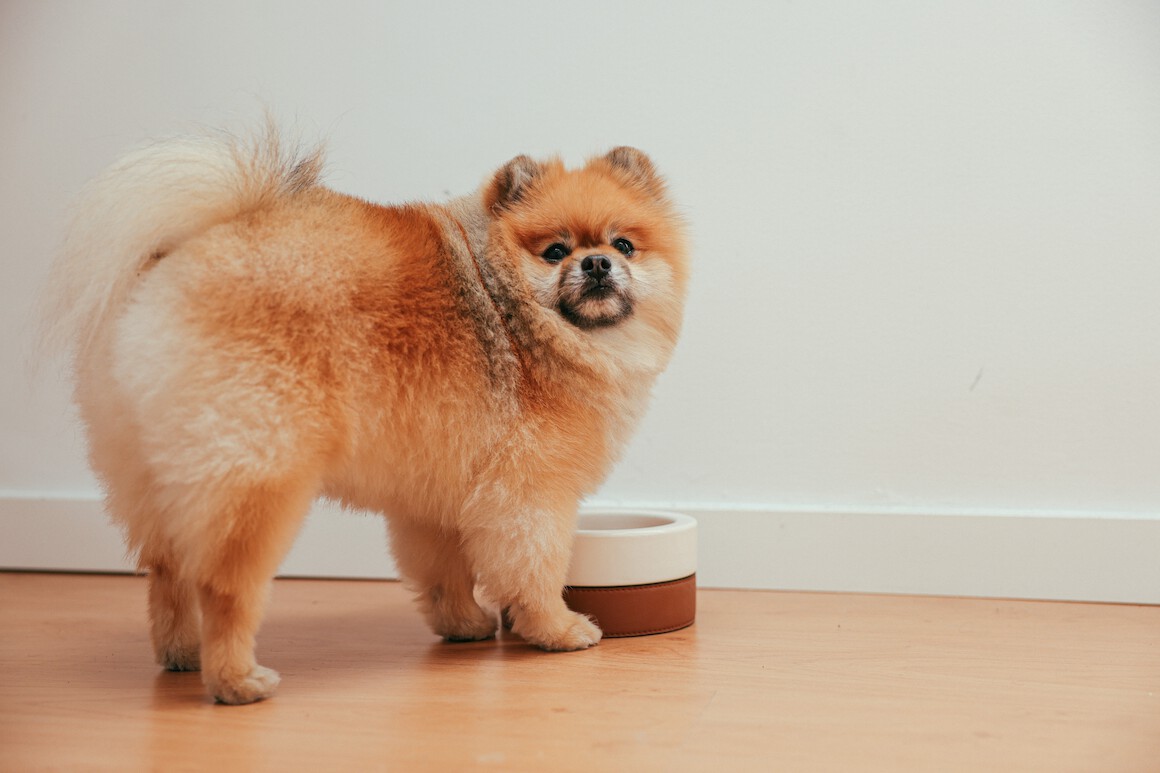Case summary
The Office for the Protection of Competition (the Czech Competition Authority or the ‘CCA’) remained active throughout the summer, imposing three fines for resale price maintenance (‘RPM’) in the pet food and pet supplies sector. All three companies under scrutiny monitored resellers’ adherence to their recommended resale prices and requested them to increase their resale prices to specified levels if the prices dropped. Typically, the resellers complied with the requests.
The first fine was imposed on TENESCO. At first glance, the fine of 307,000 CZK (approx. 12,790 EUR) appears remarkably low compared to the previous RPM cases handled by the CCA. This is attributable not only to TENESCO’s modest annual turnover, but also to a 65% reduction applied by the CCA. This reduction stemmed from TENESCO’s voluntary cessation of the anticompetitive practices immediately following a dawn raid by the CCA, its exceptional cooperation during the administrative proceeding and the introduction of a new competition compliance programme. Additionally, the fine was further reduced by 20% as TENESCO and the CCA agreed to settle the case.
The second fine, amounting to 1.066 million CZK (approx. 44,416 EUR), was imposed on EUROBEN. The company faced a higher fine due to its larger turnover.
In the case of NOVIKO, a substantial fine of 47.8 million CZK fine (approx. 1.96 million EUR) was imposed. Notably, this fine ranks among the highest ever imposed for RPM by the CCA. Despite considering several factors, including the reinforcement of NOVIKO’s existing competition compliance programme, the CCA deemed the application of sanctions by NOVIKO against non-compliant buyers as an aggravating factor.
Commentary
It is evident that RPM cases remain a top priority for the CCA. In fact, RPM is the most frequently sanctioned anticompetitive practice, resulting in the highest fines in relative (not nominal) terms (even reaching the cap of 10% of the undertaking's total annual turnover). There is no indication that the CCA's focus on RPM will change any time soon, making it a continued focal point in Czech competition law enforcement.
From a substantive standpoint, these cases within the pet food sector closely resemble the extensive list of previous RPM cases we have reported. In each instance, substantial fines were imposed and subsequently reduced through mechanisms intended to incentivize businesses to collaborate with the CCA rather than engaging in legal disputes. Regrettably, this recurrent pattern has resulted in a lack of judicial scrutiny of the CCA’s decision-making practices, granting the CCA continued latitude to employ its somewhat contentious approach to the burden of proof in RPM cases.





Sign in to post comments